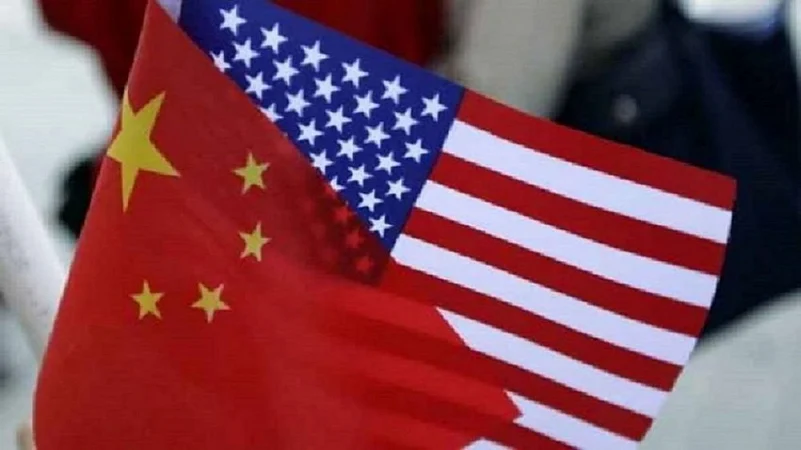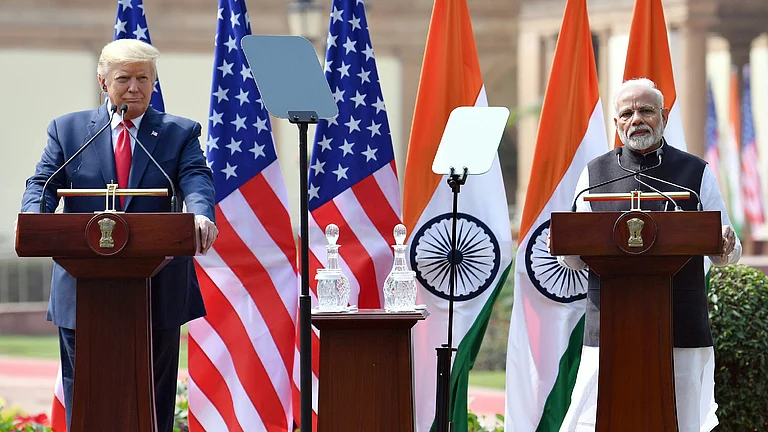China has escalated the trade war with Washington, with the announcement of fresh 10-15% tariffs on select US agricultural imports on Tuesday. As per the Chinese Ministry of Finance the new duties, effective March 10, will apply to key American farm products, including chicken, pork, soy, and beef.
The announcement came after US President Donald Trump’s order to hike tariffs on imports of Chinese products to 20% across the board, which came into effect from Tuesday.
As per AP News, the imports of US produced chicken, wheat, corn and cotton will attract an extra 15% tariff. On the other hand, China has increased tariffs on sorghum, soybeans, pork, beef, seafood, fruit, vegetables and dairy products by 10%.
Earlier on Tuesday, Canadian Prime Minister Justin Trudeau also announced to impose 25% retaliatory tariffs on $107bn of American goods.
"Our tariffs will remain in place until the U.S. trade action is withdrawn, and should U.S. tariffs not cease, we are in active and ongoing discussions with provinces and territories to pursue several non-tariff measures,” Trudeau said.
A 25% U.S. blanket tariff on goods imported from Canada and Mexico came into effect on midnight Tuesday, along with an additional 10% tariff on goods from China. Notably, these three countries, the US' top three export markets, together contributed over 40% of total U.S. imports last year.
China's Tit-for-Tit Strategy Continues
The latest 10% extra duty on Chinese goods comes over the 10% tariff introduced by Trump on February 4. This cumulative 20% tariff is in addition to the 25% imposed during Trump's first term on $370bn worth of US imports.
The world's two largest economies are at the forefront of the so-called trade war, as their strike and counter-strike show no signs of slowing down.
However, China's tit-for-tat strategy is not new but a continuation of trade disputes between the countries, which have been going on since 2018 or so.
According to a Reuters report, trade wars during Trump's first tenure cost US farmers around $27bn in lost export sales and conceded share of the Chinese market to Brazil.

































